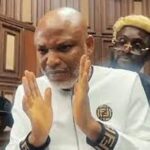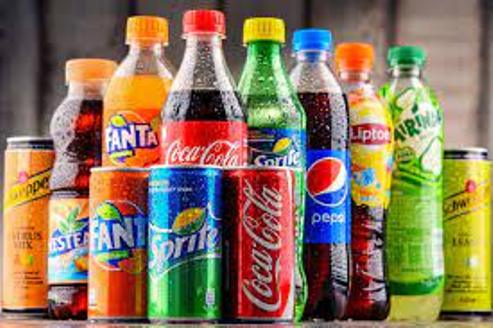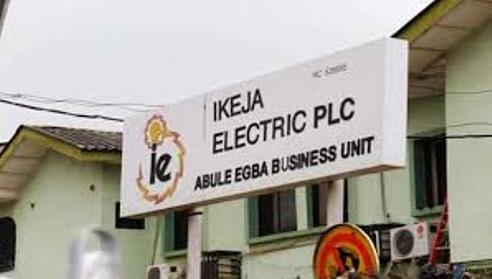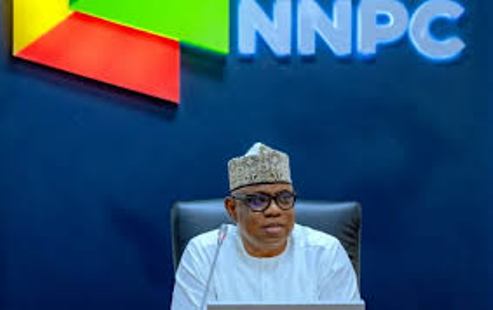
By Asuquo Nuwak
LAGOS JULY 8TH (NEWSRANGERS)-The Apapa chapter chairman of National Council of Managing Directors of Licensed Customs Agents (NCMDLCA) Comrade EmekaEnwelu has condemned the low level of business activities experiencing in the port is as a result of many factors ranging from the issues of foreign exchange policy, system failure, poor port access roads, institutional failure, infrastructural failure, attitude and behavior of the operators in maritime industry.
Comrade Emeka told our correspondence in an exclusive chat that the executive order on the ease of doing business and 24 hours cargo clearance in the ports can only be achieved if operational challenges and issues are address with immediate effect.
A cross section of licensed customs agents from various associations are accusing concessionaires especially APMT of highhandedness and other practices such as delays arising from positioning of containers for customs examination, demurrage charges during holiday period, refusal of empty containers which create room for extortion. Additional charges is incurred by importers and agents through container deposit for not dropping empty containers in good time.
It is also observed that APMT always shut it door by 4:00pm thereby preventing agents from writing their terminal delivery order and printing of exit notes.He stated that the objective of the executive order given to the entire port users was predicated on the need to enhance trade facilitation and ensure quick cargo clearance, quick turnaround time of vessels, reduction of cargo dwelling time at the ports. He also said there is a need for the government to address the infrastructural challenges. He noted that the infrastructural issues has negatively affected service delivery and ultimately affect its contribution to economic development. ‘’this is the right time for the government to address the critical issue of infrastructure in the maritime sector, especially at the seaport, of utmost importance is the scanning service’. Most scanners at port are either completely broken down or functioning below installed capacity. This situation has subjected Nigeria customs service and other agencies to a hundred percent examination of cargos with a lot of time wasted in the process of cargos clearance in the ports.He urged the government to consider the provision of scanning service as this will really make the port reform system more efficient. He noted that a good chunk of the problems at the nation’s seaport would be solved if the issues of multiple alerts, Transire application and procurement of PAAR operation is addressed. He believe that a sound maritime system can only be achieved when substantial and fundamental port reform are implemented and sustained.
By the virtue of the agreement entered into with the government, the terminal operators are not supposed to adjust their charges without due process and without additional service to justify the increase in charges.
Though, the port has witnessed tremendous transformations but at a very high cost. In order to avoid arbitrary port charges, importers have been forced to divert cargo to neighboring countries. The trading public knew nothing about the concessioning agreeements.
The concessionaires were given blank cheques and they fully exploited the pitfalls in the agreement. There has been increase in the port charges from 2006 to 2018 without the stakeholders input. The storage and terminal handling charges are increased. Also delivery charges, agency charges, customs examination charges and progressive storage charges has created problem in many dimension. According to him, the main purpose of concessioning was to make the port competitive and efficient, instead of achieving efficiency and competitiveness, a recent survery present Nigeria as the costliest port in west and central African sub-region.
He said the main idea behind the privatization of Nigeria ports Authority (NPA) in March 2006 was to improve port efficiency and increase cargo throughput. The absence of an economic port regulator in the concessioning agreement has largely generated a lot of problems in cargo clearance as importers and agents are compelled to regularly protest the arbitrary port charges. After several protests and court action, government finally decided to appoint Nigeria shippers’ council as port economic regulator in 2015. The pertinent question is ‘’has the Port
Economic Regulator made the difference? How far have they gone in that capacity? Your guest is as good as mine.
Nigeria Custom Service unwittingly created a number of operational challenges such as non-uniformity in the issuance of ex-factory prices on vehicle, penalty on trade disputes, accumulation of good seized by custom, undue delays associated with disputes, valuation of imported goods and restriction of certain trade good through the port. He recommends regular stakeholders meeting where issues affecting the industry will be discussed and implemented.
Above all, he urged ports economic reforms committee; under the Vice -President Prof. YemiOsibanjoto address the infrastructural decay and outrageous charges imposed on importers and customs licensed agents by shipping companies and terminal operators without due process as given on the ease of doing business in the ports.
In conclusion, the executive order given to entire port users can make sense only if the port economic reform committee, under the Vice – President Prof. YemiOsibanjotake bold steps to address the numerous operational challenges and issues in the maritme sector.
NCMDLCA Apapa Chairman Condemns Low Level Of Business In Ports










